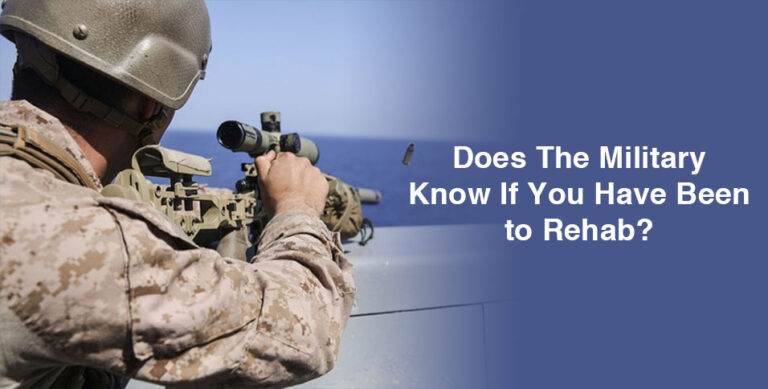Owning a commercial truck fleet comes with its own risks and responsibilities. The right insurance coverage is essential to safeguard your business, drivers, and assets. While basic insurance is a legal requirement, the nature of your fleet, the cargo you transport, and your operational needs may require additional, specialised coverage.
Let’s explore the key types of business insurance you should consider to protect your commercial fleet and minimise potential financial losses.
6 Types of Business Insurance to Have If You Own a Commercial Fleet of Trucks
The following are the different types of business insurance you need to have if you own a commercial fleet of trucks:
- Commercial Vehicle Insurance
Commercial auto insurance is crucial for fleet owners. It provides coverage for bodily injuries, property damage, and medical expenses if an accident occurs while on the road. It also protects vehicles from theft, vandalism, weather damage, and accidents.
Unlike personal auto insurance, commercial vehicle insurance is designed to handle the higher risks associated with business operations and trucking. This policy covers your assets and protects your employees and hired drivers while on duty.
- Liability Insurance
Liability insurance shields your fleet and drivers from expenses caused by accidents involving your vehicles. The coverage amount you will need depends on several factors, like vehicle weight and the type of goods you transport. For example, trucks under 10,000 kg generally require lower liability limits than heavier vehicles.
You will likely need extra coverage if your trucks haul valuable, delicate, or hazardous cargo. Hazardous materials also increase liability requirements, as they pose higher risks and clean-up costs in an accident. Passenger-carrying trucks also have specific liability requirements to consider.
- Cargo Insurance
Cargo insurance protects your business if a product is lost, stolen, or damaged in transit. Delaying a product may cause problems in meeting vital business deadlines and strongly affect relations with major consumers because of missing or damaged goods.
With the right package that includes cargo insurance cover, you will express your concern for your client’s well-being by offering cover for their consignments and protecting your business against large losses that you have no control over.
- Physical Damage Insurance
Physical damage insurance is divided into two types: collision insurance for accident-related repairs and comprehensive insurance for other forms of damage. This coverage protects your business by covering vehicle repair or replacement costs.
It includes accidents involving your drivers and incidents related to vandalism, theft, or natural disasters. Choosing the right coverage depends on evaluating the possible damage risks in your area and the value of your fleet.
- Bobtail Insurance
Bobtail insurance provides coverage when your trucks are on the road but not transporting goods. For example, this covers when trucks return to the depot or en route to pick up a new load. Standard cargo or liability insurance may not cover incidents during these times since they occur outside the direct business activities.
Bobtail insurance protects trucks even when empty. This coverage benefits fleet operators and independent truck owners who frequently drive trucks without cargo.
- Workmen Compensation Insurance
Often referred to as employee compensation insurance, this policy provides essential coverage when employees face serious work-related injuries. This insurance can be a vital safeguard for heavy-duty fleet businesses, which rely on a significant workforce.
Even with safety measures in place, workplace accidents are always possible. Workermen compensation insurance helps cover medical expenses for injured employees, protecting your business from potential lawsuits and substantial financial losses.
Tips to Reduce the Commercial Fleet of Truck Insurance Costs
Here are some essential tips you can consider to reduce the costs of commercial fleet truck insurance:
- Match Insurance Limits with Actual Risks
Ensure your coverage limits align with your fleet’s risk level. Over-coverage leads to unnecessary costs, while under-coverage risks your business financially in case of accidents. Compare plans to find one that best fits your fleet’s needs.
- Maintain High SAFER Ratings
Complying with transport safety regulations helps maintain strong SAFER ratings and reduce insurance costs. This includes maintaining vehicle service records and ensuring drivers follow Hours of Service (HOS) rules.
- Encourage Safe Driving Practices
Train your drivers on safe driving habits, such as controlling speed, limiting engine idling, and maintaining correct tyre pressure. Safer driving can lead to lower insurance costs.
- Develop a Fleet Safety Program
Build a strong fleet safety culture and monitor safety metrics to improve driver behaviour and avoid accidents. Use onboard technology for real-time feedback on driver actions and address issues before they escalate.
- Use Safety Tech and Risk Management Tools
Install devices like GPS trackers, dash cams, and electronic logging devices (ELDs). These tools reduce risks by improving monitoring, enhancing safety, and showing compliance with regulations, which can help lower insurance rates.
- Increase Your Deductible
Consider raising your deductible, the amount you cover out-of-pocket during a claim. Higher deductibles generally reduce policy premiums, but choose an amount your business can afford.
- Pay Premiums Annually
Pay your premiums annually instead of monthly to benefit from lower rates and avoid instalment fees.
- Insure Multiple Vehicles Under One Policy
Ensure your entire fleet is under one provider to take advantage of bulk discounts and premium incentives.
The right business insurance protects your commercial fleet and minimises financial risks. You can safeguard your business from unexpected losses by choosing the appropriate coverage options. With the right coverage and proactive strategies, you can ensure the longevity and success of your commercial fleet operations.
Also Read: What Businesses Should Know About Liability in Commercial Vehicle Accidents
















